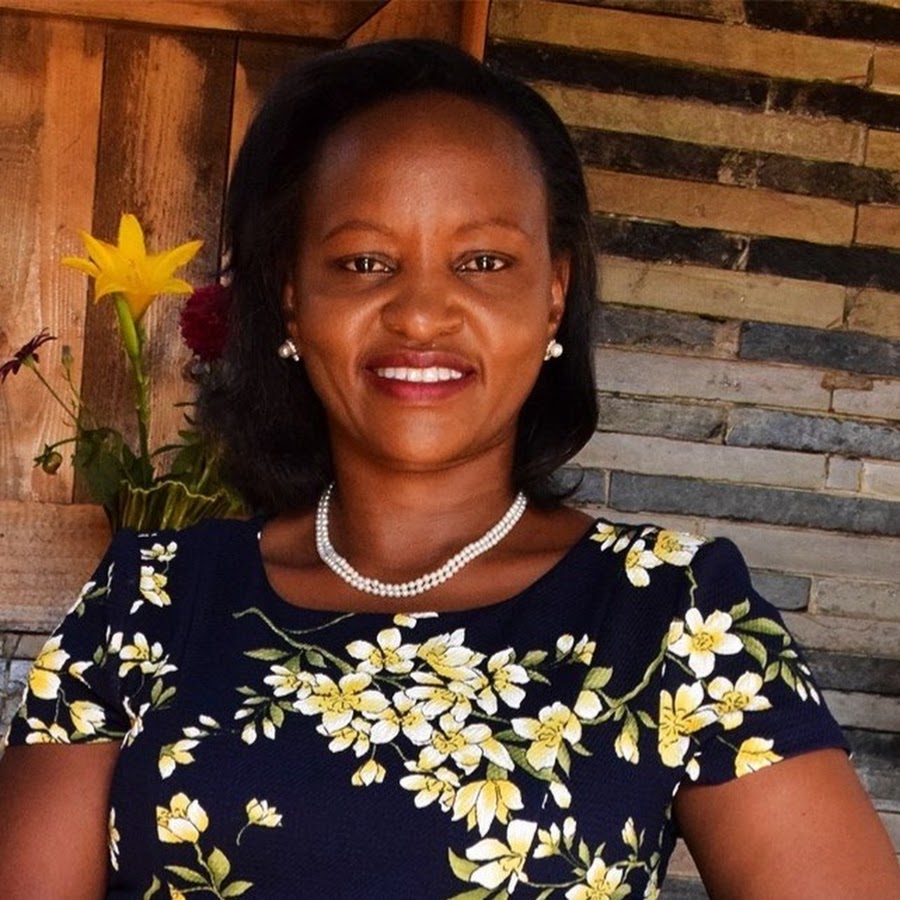Everyone has an internal clock – a time when the body knows it’s supposed to feed, sleep, and rest or do something else. Have you ever woken up just before your alarm? That’s your internal clock at work. Interestingly, some people don’t need alarms to wake up.
But getting a sound, restful sleep isn’t something that everyone enjoys. Insomnia is a common sleep disorder that can make it hard to fall asleep, hard to stay asleep, or cause you to wake up too early and not be able to get back to sleep.
Not everyone who doesn’t sleep is wicked. You get the reference if you know your bible.
So what do you do if you can’t sleep? Professor Ndetei, Professor of Psychiatry at the University of Nairobi and Founding Director of the Africa Mental Health Foundation (AMHF) says that most patients seek medical help after they have become self-medicated and failed to recover.
He offers the advice below;
- Do not self-medicate. People take drugs, coffee, alcohol or stay on the internet/social media to cope with lack of sleep. Do not do that as these substances and practices will further affect your sleeping pattern.
- Seek medical attention. Medicine can be prescribed but this must be done in a controlled manner. Your doctor will have to review you after a week or two.
- Some sleeping pills can be very addictive but now there are those that aren’t addictive. It’s important to discuss with your doctor to understand what you are taking.
- With the help of your doctor, you should investigate the reasons why you are not sleeping because it’s important to identify and address psychiatric and physical conditions causing Insomnia.
- Family or those close to you should be involved to help you recover. If they understand why you’re not sleeping, they will be in a better position to support you in your recovery.
- Don’t fill your belly with hard-to-digest food before you go to bed. Instead of blood flowing to you brain to help you sleep, it will be diverted to the stomach to deal with digestion. Take light dinner or eat early.
- Exercise
- Take breaks from work. Go on leave. Take care of the temple that God has given you. Without rest you cannot function.
Here’s the conversation with
About Prof. Ndetei
David M. Ndetei is the Professor of Psychiatry at the University of Nairobi. He has published studies on mental health and substance abuse which are the basis for practice in Kenya.
Being an authority in mental health with over 40 years’ experience, Prof. Ndetei has been involved conducting innovative implementation research that seeks to inform provision of affordable, appropriate, available and accessible mental health services in primary healthcare.
So far, for Family TV, he has handled topics such as burnout, sleeping disorders such as Insomnia, Eating disorders, Anxiety and Obsessive Compulsive Disorder, Antisocial Personality Disorder, Schizophrenia, Dissociative Identity Disorder, Suicide, Depression and others.
Prof. Ndetei has also educated our audience on the effects of prejudice, discrimination and stereotyping in mental health cases affecting children, adults and special groups.







